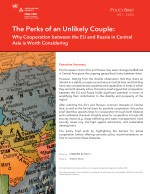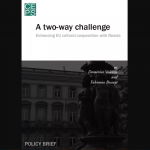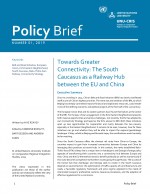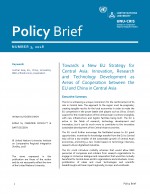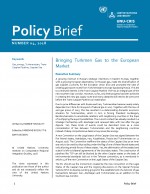One Year Later: What Lessons Should Policymakers and Scholars From the EU Draw From Russia’s Invasion of Ukraine?
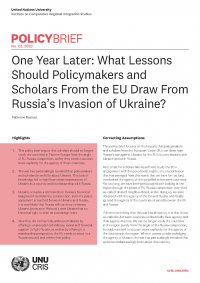
This policy brief argues that scholars should no longer study the countries in Eastern Europe from the angle of EU-Russia competition, rather they need to account more explicitly for the agency of these countries.
The war has painstakingly revealed that policymakers and scholars knew little about Ukraine. This lack of knowledge led to significant misinterpretations of Ukraine as a country and its relationship with Russia.
Ukraine occupies a central role in Russia’s historical imagination and identity construction. Even if a peace agreement is reached between Ukraine and Russia, it is highly likely that Russia will continue to harass Ukraine, because in Moscow’s view, Ukraine has no historical right to exist as a sovereign state.
Now that the EU has fully embraced Ukraine by offering it unprecedented military, moral and financial support to fight Russia, as well as by offering it a membership perspective, the EU needs to move to a Russia-second, and others-first policy.

